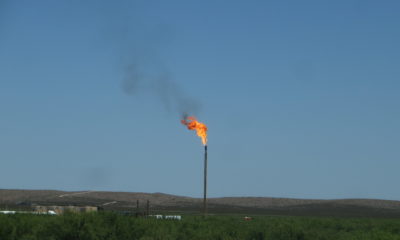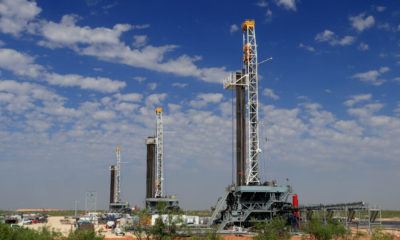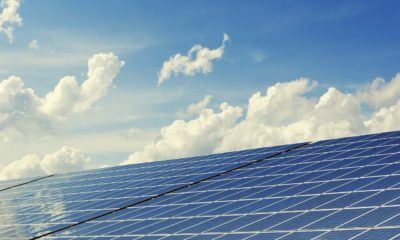Business
Naturgy cuts its gas contract portfolio by 30%
Naturgy, the leader in the gas and electricity sector, decided to reduce its purchase commitments of gas by 30% in 2020. This means the reduction costs decreased by $26,9 million (€24,6 million). Moreover, the company amortized its plants over 40 years, and also prolonged its amortization period to 44-47 years. It has also taken steps to reduce its HR costs.
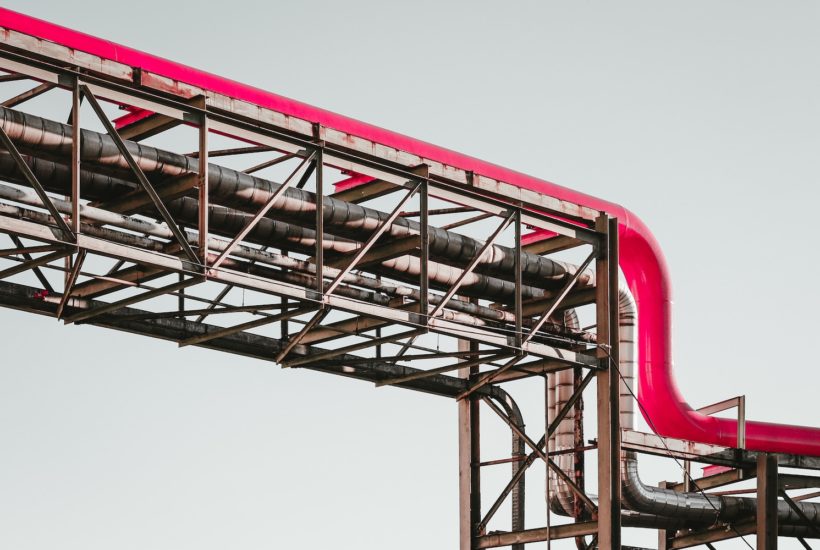
Naturgy has reduced its gas purchase commitments for the coming years by almost 30% – $26,9 million (€24,6 million). According to data provided by the auditor, EY, the company reduced its gas purchase portfolio from $91,5 million (€83,6 million) in 2018 to $64,7 million (€59,1 million) at the end of 2019.
The reduction has come at a time when gas prices are falling and the company is taking a strategic turn to focus more on the renewables business in the coming years. The company has decided to implement the changes in the face of the energy transition scenario and has not extended any contracts, thus also consuming the value corresponding to 2019.
The auditor also states in its report that there is around $1,77 million (€1,62 million) pending collection. This is as a result of the usual meter reading period that coincides with the closing of the annual accounts. This means that the company has applied a formula based on data gathered about customer’s payment and usage profiles.
Stay informed with the breaking business news from around the world and across the spectrum of the Born2Invest mobile app and its business news section.
The system for consolidating its holdings in nuclear power plants
The company also explains in its annual report that it has also changed the system for amortizing its holdings in nuclear power plants. Until last year, it amortized the plants over 40 years, but as from this year, thanks to the agreement reached between the companies, it has extended the amortization period to 44-47 years. This means 13 million less amortization this year.
The company has updated the impairment test for conventional generation assets but did not opt for an in-depth adjustment. On the contrary, it has reduced the valuation of its stake in Electricaribe to $30,1 million (€28 million) from $277 million (€253 million) a year ago.
In its annual audit, the energy company states that “in view of the difficulty in making a fair valuation due to the specific situation of this asset, it is valued on the basis of the latest available information from audited financial statements, which reflects an equity value attributed by 85.4% of the interest of $30,1 million (€28 million), recording a decrease in the fair value of this interest of $246 million (€225 million),” almost 90% with respect to 2018.
Naturgy has sold its holdings in various wind energy companies in La Rioja to Iberdrola for $44 million (€40 million), with gross capital gains of almost $5,5 million (€5 million), specifically from the companies Molinos de Cidacos (50%), Molinos de la Rioja (33.3%) and DER (36.25%).
Additionally, the group expects to close the sale of Iberafrica Power Limited in the first quarter of this year. The deal includes its electricity generation business in Kenya, and its 47.9% stake in Ghesa to the Chinese energy company CPE, as announced by the Economist. The company also divested itself of a gas cargo facility in Puerto Rico for $23 million, which brought in $12 million of capital gains.
The annual report also provides news on the company’s shareholdings. Funds have strengthened their presence in the company. In fact, they are taking over half of the stake that the La Caixa Foundation no longer holds. While the Catalan entity has reduced its participation from 25.6% to 24.4%, the GIP and CVC funds have increased by 0.3% each, so that the former already maintains 20.3% and the latter 20.4%. Sonatrach, the Algerian state-owned company, also increased its stake from 3.9% to 4.1%.
Reduction in personnel
As far as company personnel is concerned Naturgy continues to reduce its staff considerably. The company has reduced its personnel expenses from $1,105.94 (€1,010) million in 2018 to $1,008.56 (€924) million last year due to a reduction of 1,807 staff.
As far as the strategic plan is concerned, the company already has 2,574 fewer employees than the 14,712 it had at the end of 2017 and 12,138 at the end of 2019. The greatest reduction has been in the category of operatives (1,800 people), technicians (433 people), intermediate (234 people) and managers (107 people).
Last December, the company’s resources director and former president of Sedigas, Antonio Peris, also retired and has not yet been replaced.
The company has also increased the salary gap to the extent that a man with an operational category can exceed the salary of a woman manager ($41,490 (€37,982) compared to ($39,431 (€36,020)). Salary differences range from 23.1% for the operational category to 13.1% for the managerial category. The smallest difference was found at the technical level, where it stood at 6.1%.
The company also estimated payments to the former CEO, Rafael Villaseca, at $16,7 million (€15.3 million).
The current president, Francisco Reynés has received a salary between fixed and variable of 3.37 million and about 1.1 million for chairing the board of directors of the company.
__
(Featured image by Martin Adams via Unsplash)
DISCLAIMER: This article was written by a third party contributor and does not reflect the opinion of Born2Invest, its management, staff or its associates. Please review our disclaimer for more information.
This article may include forward-looking statements. These forward-looking statements generally are identified by the words “believe,” “project,” “estimate,” “become,” “plan,” “will,” and similar expressions. These forward-looking statements involve known and unknown risks as well as uncertainties, including those discussed in the following cautionary statements and elsewhere in this article and on this site. Although the Company may believe that its expectations are based on reasonable assumptions, the actual results that the Company may achieve may differ materially from any forward-looking statements, which reflect the opinions of the management of the Company only as of the date hereof. Additionally, please make sure to read these important disclosures.
First published in elEconomista.es, a third-party contributor translated and adapted the article from the original. In case of discrepancy, the original will prevail.
Although we made reasonable efforts to provide accurate translations, some parts may be incorrect. Born2Invest assumes no responsibility for errors, omissions or ambiguities in the translations provided on this website. Any person or entity relying on translated content does so at their own risk. Born2Invest is not responsible for losses caused by such reliance on the accuracy or reliability of translated information. If you wish to report an error or inaccuracy in the translation, we encourage you to contact us.

-

 Africa3 days ago
Africa3 days agoSurging Expenditures Widen Morocco’s Budget Deficit Despite Revenue Growth
-
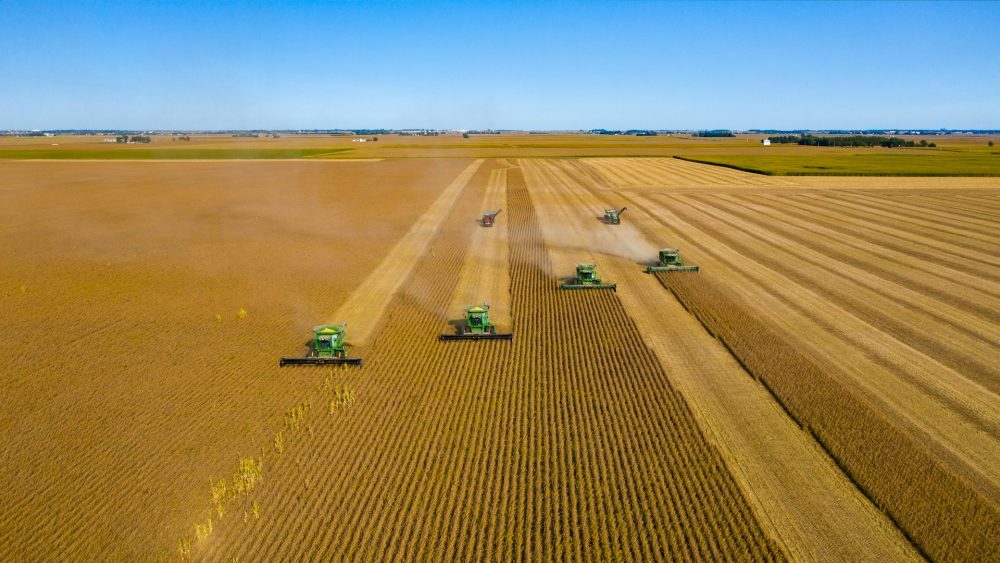
 Markets2 weeks ago
Markets2 weeks agoSoybean Market Reacts to Trade Hopes, High Stocks, and Global Price Pressure
-

 Cannabis11 hours ago
Cannabis11 hours agoGermany Moves to Curb Medical Cannabis Abuse, Sparking Access Concerns
-
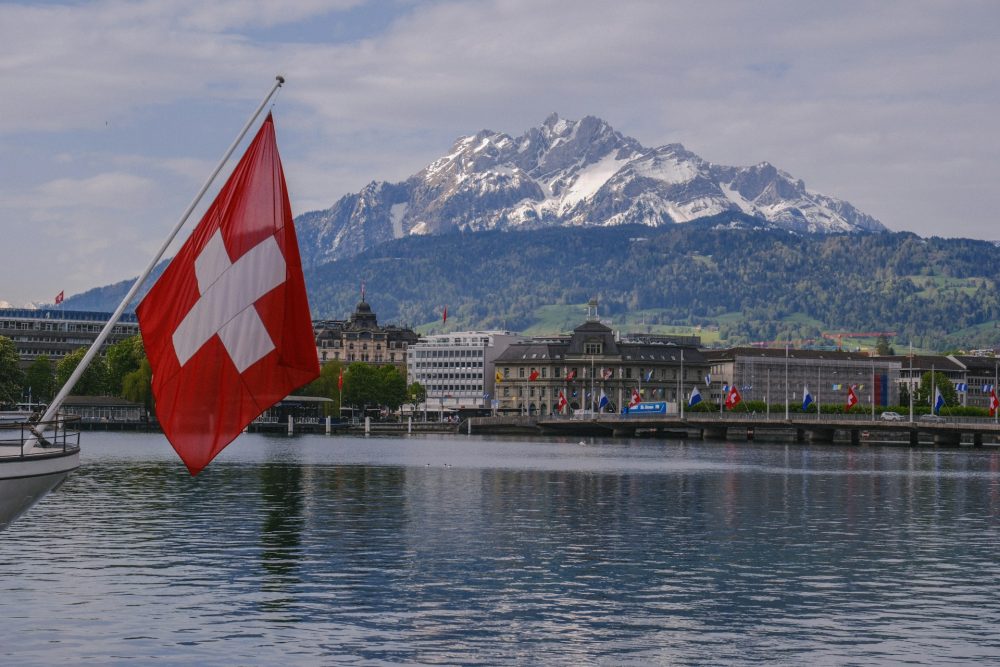
 Cannabis1 week ago
Cannabis1 week agoSwitzerland Advances Cannabis Legalization with Public Health Focus


